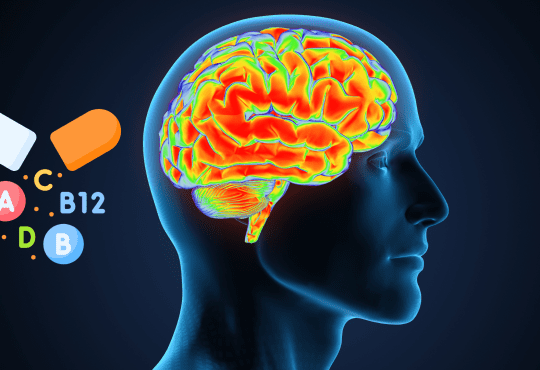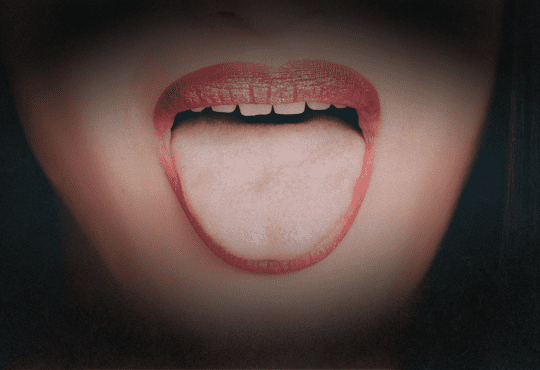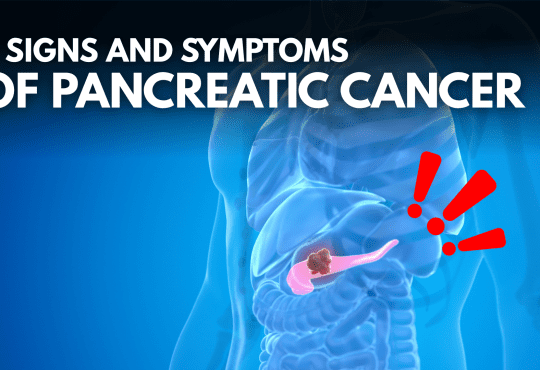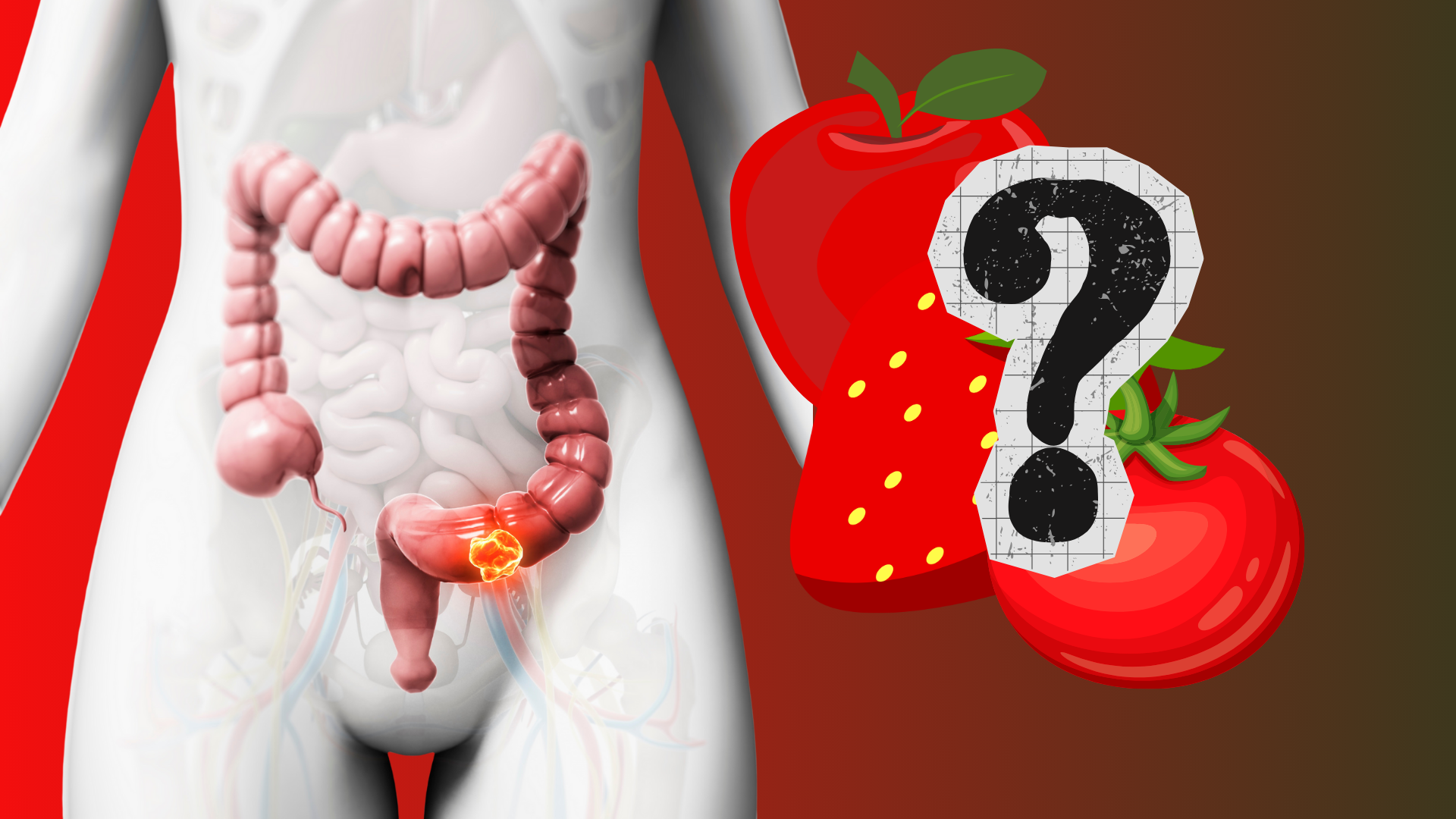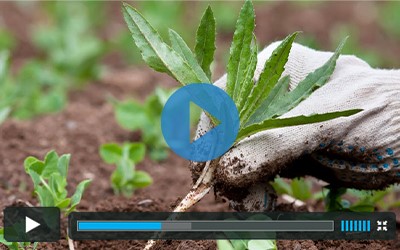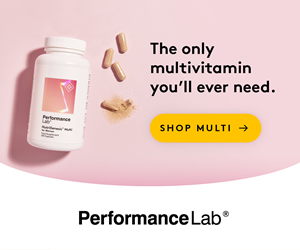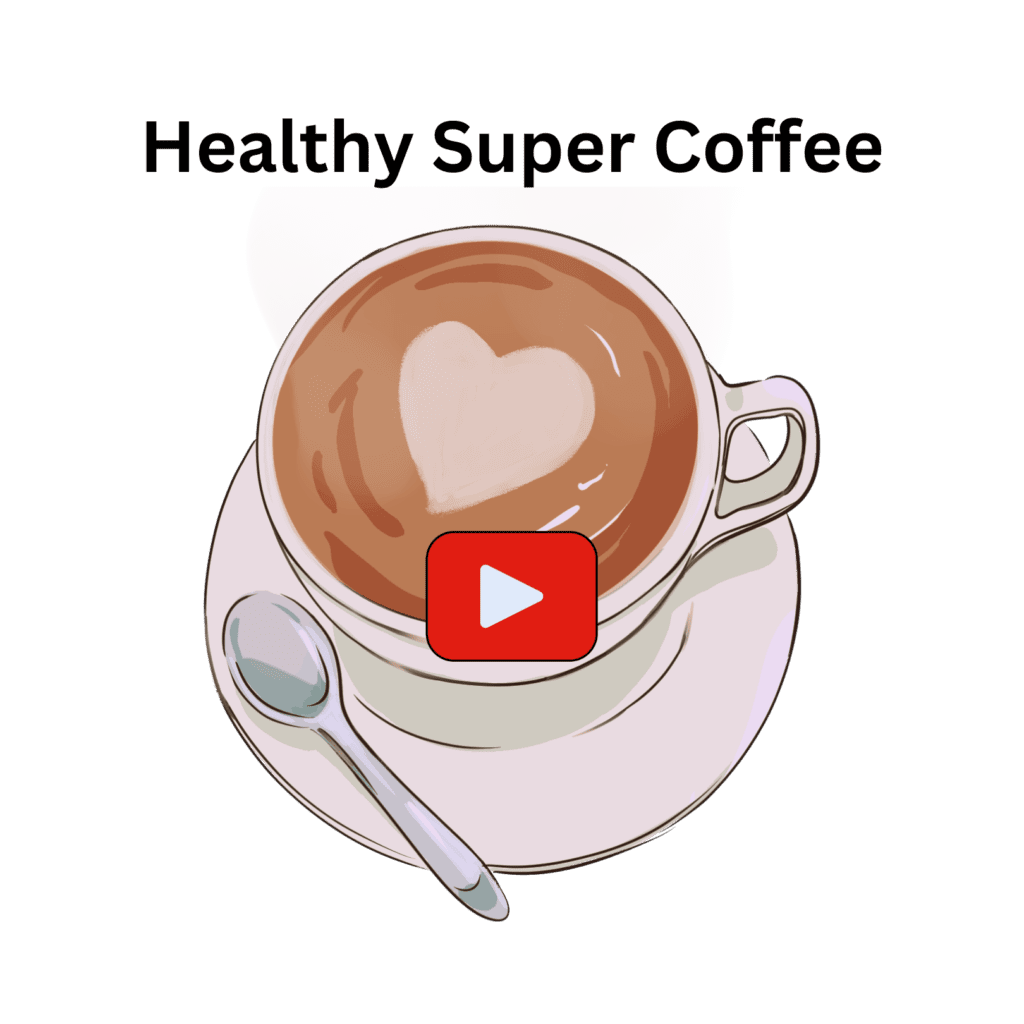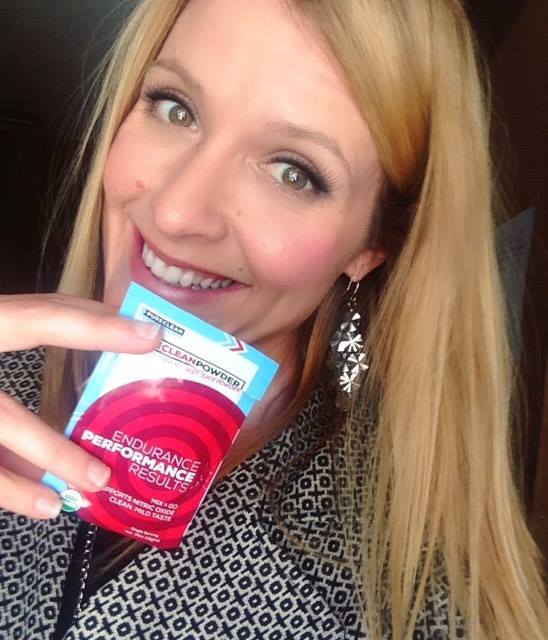
8 Worst Foods That Can Cause Bladder Cancer
Bladder cancer isn’t something most people think about at the dinner table. But the truth is, what we eat—or drink—can quietly influence our risk over time. Certain foods and chemicals put extra pressure on the bladder, which is responsible for filtering waste and toxins. And repeated exposure to harmful substances can damage the delicate lining inside, increasing the risk of cancer.
Let’s count down 8 of the worst offenders—the foods that science has linked to a higher risk of bladder cancer, especially when consumed regularly over years.
Number 8 – Deep-Fried Foods
Those golden, crispy fries or fried chicken pieces might be comfort food—but they’re also a source of acrylamide, a chemical formed when starchy foods are cooked at high temperatures. While acrylamide has been more commonly linked to kidney and colon issues, studies have shown it can also increase the risk of urothelial cancers, including bladder cancer.
Deep frying also produces oxidized fats and trans fats, which cause inflammation and stress throughout the body—including the urinary tract. Over time, this can damage bladder cells and contribute to abnormal cell growth.
If you enjoy fried foods, try switching to air-fried or oven-baked alternatives—and be sure to rotate in more steamed or grilled dishes.
Number 7 – Artificial Sweeteners (in Large Amounts)
Artificial sweeteners like saccharin and cyclamate have a long and controversial history when it comes to cancer risk. Back in the 1970s, studies found bladder tumors in lab rats exposed to high doses of these sweeteners, leading to warning labels and public concern.
While later research in humans hasn’t shown the same strong link, some experts still urge caution—especially for people who consume diet sodas, sugar-free candies, or artificially sweetened yogurts daily. The bladder processes these chemicals, and constant exposure might irritate its lining over time.
Moderation is key. Using natural sweeteners like stevia in small amounts—or simply reducing your overall need for added sweetness—may help protect your bladder in the long run.
Number 6 – Cured and Processed Meats
Hot dogs, bacon, ham, sausages—these aren’t just bad for the heart. They also pose a cancer risk. These meats are often preserved with nitrates and nitrites, chemicals that can form nitrosamines in the body—known carcinogens that affect the bladder among other organs.
Several studies, including data from the World Health Organization, have linked frequent consumption of processed meats to bladder cancer, particularly when eaten regularly over many years.
If you eat meat, try switching to fresh, unprocessed sources like grilled chicken, turkey, or legumes. And if you do enjoy bacon on occasion, keep it truly occasional.
Number 5 – Excessively Salty Foods
Too much salt isn’t just about blood pressure. Highly salty foods—like instant noodles, chips, pickled items, and processed snacks—can irritate the bladder lining and cause chronic inflammation. That persistent irritation can eventually contribute to cellular changes and raise cancer risk.
Salt-heavy diets also increase urinary calcium excretion, which may play a role in bladder stone formation—another risk factor for long-term bladder issues.
Watch out for “hidden salt” in packaged and frozen foods. Check nutrition labels and aim for low-sodium alternatives when possible.
Number 4 – Smoked and Charred Meats
When meat is cooked over an open flame, it produces heterocyclic amines (HCAs) and polycyclic aromatic hydrocarbons (PAHs)—chemicals that have been shown to damage DNA and promote cancer in animal studies.
These compounds are especially concerning for the bladder, because they enter the bloodstream, get filtered through the kidneys, and pass through the urinary tract—directly exposing the bladder lining to their effects.
Grilling in moderation is fine, but avoid blackened or heavily charred meat. Trim off burnt edges, and try marinating your meat beforehand to reduce the formation of these chemicals.
Number 3 – Food Dyes and Preservatives
Some artificial food colorings and preservatives—like Red Dye 40, Yellow 5, and BHA/BHT—have been studied for their potential links to bladder cancer and other health issues. Although they’re still approved for use in many countries, long-term studies have raised concerns, especially with high, repeated exposure.
Many of these chemicals are metabolized in the liver and excreted through the kidneys into the bladder, where they can interact with the bladder wall over time.
Colorful candies, sports drinks, and even boxed cereals often contain these additives. If you’re looking to reduce your risk, stick with whole foods that don’t come with a label—or choose products made with natural coloring agents like beet juice or turmeric.
Number 2 – Highly Processed Packaged Foods
Think instant meals, shelf-stable snacks, and fast food. These items are often packed with multiple risk factors in one—preservatives, dyes, excess salt, processed meats, and unhealthy fats.
Research shows that people who eat a Western-style diet heavy in processed foods may have a higher risk of bladder cancer, compared to those who eat more fruits, vegetables, and whole grains.
It’s not about being perfect. It’s about minimizing these foods in your regular routine and adding more variety from the earth—fresh produce, beans, seeds, and whole grains that support your entire urinary system.
Number 1 – Tobacco-Contaminated Food and Drink (Especially in Smokers)
We all know smoking is the #1 risk factor for bladder cancer. But here’s what many people don’t realize: smokers can ingest cancer-causing chemicals not just through cigarettes—but also through food and drink contaminated by smoke or nicotine residues.
Studies have shown that smokers may metabolize toxins like 4-aminobiphenyl (4-ABP) and arylamines, which are then excreted through urine and sit in the bladder for hours, increasing cancer risk.
Even non-smokers exposed to secondhand smoke or regularly eating smoked or grilled food may have higher exposure to these compounds. That’s why quitting smoking—and avoiding frequent exposure to smoke-contaminated food—remains one of the most powerful ways to reduce bladder cancer risk.
The foods we eat every day may not seem dangerous on the surface—but over time, certain ingredients and cooking methods can silently damage the bladder. The scary part? You might not feel a thing until years down the line.
But the good news is: you’re not powerless.
By making small changes—swapping processed meats for fresh protein, cutting back on fried or charred foods, reading labels for dyes and preservatives, and drinking more water—you’re already taking steps to protect your bladder.
And if you smoke or are exposed to secondhand smoke, quitting can dramatically reduce your risk—not just for bladder cancer, but for multiple other cancers, too.
Remember, the bladder isn’t just a passive organ. It filters the chemicals we put into our bodies. What we eat and drink matters.
Every positive change you make is a vote for your long-term health.
